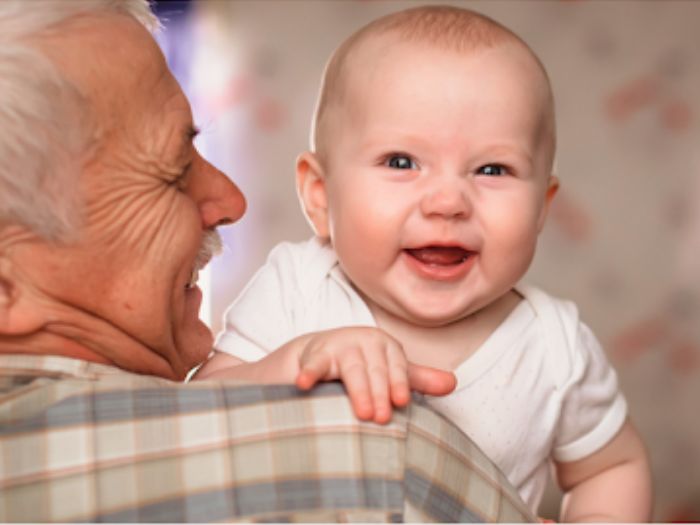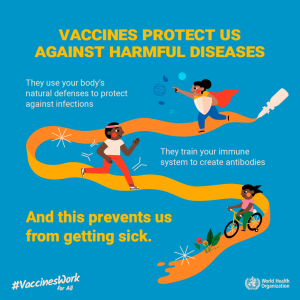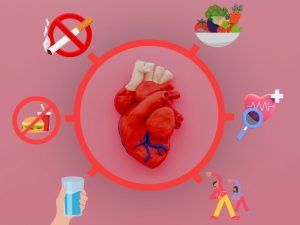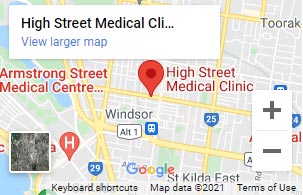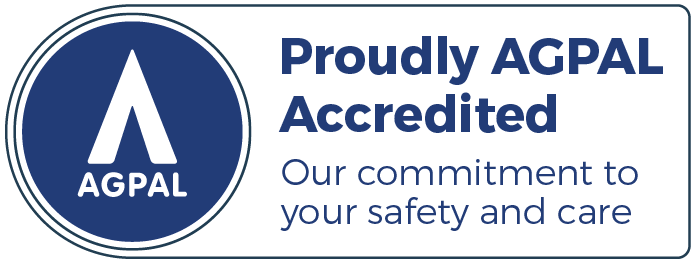The Respiratory Syncytial Virus (RSV), aka the human respiratory syncytial virus, is making headlines around Australia and there are plenty of reasons why:
- It particularly affects infants and older adults
- The disease can be very serious for those with underlying health issues
- It’s highly contagious
- There’s a huge range of symptoms, minor to severe
Understanding the facts and important information around RSV is something everyone, especially parents, can benefit from.
Some important things to know about RSV virus
What RSV is
Respiratory Syncytial Virus (RSV) is a common virus that infects the respiratory tract, causing cold-like symptoms.
It causes inflammation and mucus production in the airways which can result in difficulty breathing, particularly in vulnerable infants and people with chronic health issues.
RSV has been in the news a lot lately due to a significant increase in cases, particularly among infants and young children.
Severe RSV can lead to more serious conditions like bronchiolitis and pneumonia, which can be life-threatening if not properly treated.
The symptoms of RSV
Symptoms typically include:
- Cold-like symptoms such as a runny or stuffy nose
- Coughing
- Sneezing
- Fever
For infants and young children, RSV can cause more severe symptoms:
- Difficulty breathing
- Wheezing
- Poor feeding
- Nasal flaring, the nostrils widen during breathing
- Grunting
- Irritability
- Brief pauses in breathing, known as apnea, particularly in premature infants
- Seeming lethargic or less interest in playing
Older adults and people with weakened immune systems may experience symptoms similar to a common cold, but RSV can also lead to complications like bronchiolitis or pneumonia.
Common question: If I have one of those symptoms or my child does, should I get it checked?
Answer: Yes, we always recommend getting professional medical advice even if symptoms are mild. At the very least, you’ll know what precautions to take and what to do if symptoms get worse.
How you catch RSV
The virus spreads primarily through respiratory droplets when an infected person coughs, sneezes, or talks.
This means droplets from an infected person coughing, sneezing, or talking (saliva), can land in the mouths or noses of people nearby.
Close contact with infected people, especially in crowded or enclosed spaces like a car with no airflow or open windows, increases the likelihood of contracting RSV.
Direct contact with contaminated surfaces or objects can also transmit the virus.
This happens if you touch surfaces or objects contaminated with the virus and then touch your face, particularly your mouth, nose, or eyes.
RSV germs can survive on surfaces from several hours to a few days, depending on things like temperature, humidity, and the type of surface.
Generally, RSV can last up to 6 hours on skin and up to 24 hours on non-porous surfaces like doorknobs and countertops.
Common question: Should I isolate if I have symptoms or avoid family members if they have symptoms?
Answer: It’s best to do so, yes. Although showing some symptoms may not mean you have RSV, it’s best to be safe. If you can, give yourself several hours to see if things get worse, or better yet, get in touch with us.
Preventative steps
Preventing the spread of germs is something we’re all pretty familiar with since the pandemic. Take these simple steps to help prevent RSV:
- Wash your hands regularly with soap and water, especially after coughing, sneezing, or touching surfaces in public places. If your hands dry out, something common in winter, just use a little moisturiser.
- Avoid close contact with sick people where you can.
- Clean and disinfect frequently-touched surfaces and objects in your home regularly, such as doorknobs, toys, and switches.
- Cover coughs and sneezes with a tissue or the inside of your elbow and dispose of used tissues properly.
- Vaccines are available for people over the age of 60, depending on circumstances. Find more information on RSV vaccines here.
- Get professional help. HSMC offers medical consultations for all members of the family, so get in touch with us if you need.
Common question: Can wearing a mask reduce the risk of catching RSV?
Answer: Yes, absolutely. Masks can help you prevent inhaling of respiratory droplets containing the virus.
Treatments for RSV
Treatment mainly focuses on managing symptoms, as there is no specific medication for RSV available.
This highlights the importance of seeking advice from your health practitioner when symptoms arise.
Supportive care for mild symptoms includes:
- Over-the-counter fever reducers
- Hydration
- Humidifier to ease breathing
In severe cases, especially in infants or those with underlying health conditions, hospitalisation may be necessary for oxygen therapy and close monitoring.
Note that currently there is no cure for RSV.
Common question: How long does it take to get over a bout of RSV?
Answer: 1-2 weeks in mild cases, and 3-4 weeks for severe cases. Note that these are estimates and vary depending on circumstances.
Find more information about RSV by the Department of Health and Aged Care here.
Why the focus on RSV?
Due to the recent and significant rise in cases, RSV is getting a lot of attention.
RSV Awareness Week 4-10 June is one example that shines a bright light on this unpredictable and potentially dangerous virus.
HSMC is right behind the attention of RSV.
If you’d like to discuss any symptoms that you or a loved one might be experiencing, the independent doctors at HSMC are here to help.
Often, getting medical attention early when symptoms are still mild means preventing them from becoming more serious.

